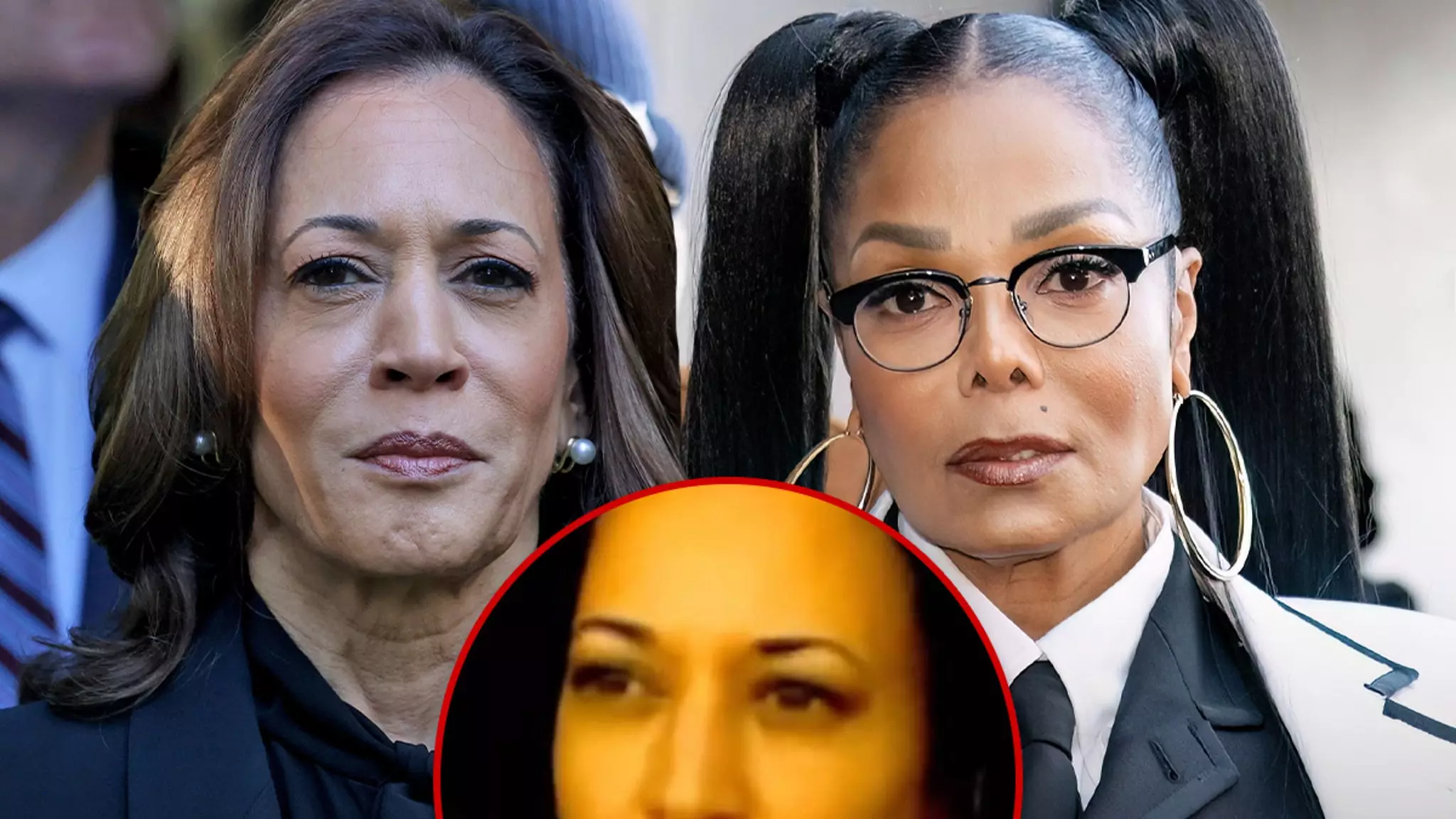The dynamic between Janet Jackson and Vice President Kamala Harris has drawn attention, especially in light of the current political climate. Recent scrutiny has uncovered links that reach back to the highly publicized Michael Jackson child molestation trial. Janet’s recent criticisms of Harris suggest lingering tension, and new revelations raise eyebrows regarding the context of Harris’s past statements. This exploration will shed light on the implications of their historical interactions and highlight the ramifications of public commentary during tumultuous times.
The trial of Michael Jackson in the early 2000s was a media spectacle that captivated the world and divided opinions. In 2003, he faced seven counts of child molestation, alongside allegations of administering an intoxicating agent in order to commit a felony. As he fervently denied all claims, claiming his innocence, the trial itself became a focal point for discussions about morality, fame, and the judicial system. In this context, Kamala Harris, then a Deputy City Attorney, articulated views regarding the evidentiary weight of child testimony. Such insights, articulated in a 2004 interview, have resurfaced amid Janet’s criticisms, adding layers to the narrative of their relationship.
In a heated response, Janet Jackson inaccurately asserted Harris’s racial background, claiming her father was white, a statement that has no basis in fact. This misinformation resonates eerily with Donald Trump’s controversial remarks, where he suggested that Harris’s identity underwent a political transformation, echoing themes of exploitation and inauthenticity. This suggests a troubling trend in political discourse: the weaponization of identity and heritage in the service of personal and political vendettas. Such tactics undermine the substantive discussions that are central to the fabric of democracy and erode public trust in visionary leadership.
The intersection of celebrity and politics often renders individuals in the public eye vulnerable to the brunt of broad-stroke judgments. Janet’s criticism of Harris might be seen as an attempt to renegotiate her own narrative in relation to a high-profile incident that once impacted her family. Meanwhile, Harris—who has yet to publicly respond—remains a figure of stability amidst the chaos of political accusations. Her professional background and immigrant heritage offer a compelling counter-narrative to the derogatory rhetoric that surrounds identity politics.
As the political landscape evolves, it is crucial for public figures—be they artists like Janet Jackson or politicians like Kamala Harris—to engage in discourse rooted in truth and clarity. The missteps surrounding their interactions serve as a cautionary tale about the dangers of misinformation. Each comment made by a public figure carries weight and must be considered both for its intent and its potential for misinterpretation. Only through a commitment to understanding and accuracy can society hope to transcend these divisive narratives and foster a more constructive dialogue.
In reality, the complexities of personal and political histories necessitate a deeper exploration that can withstand scrutiny and the test of time.

